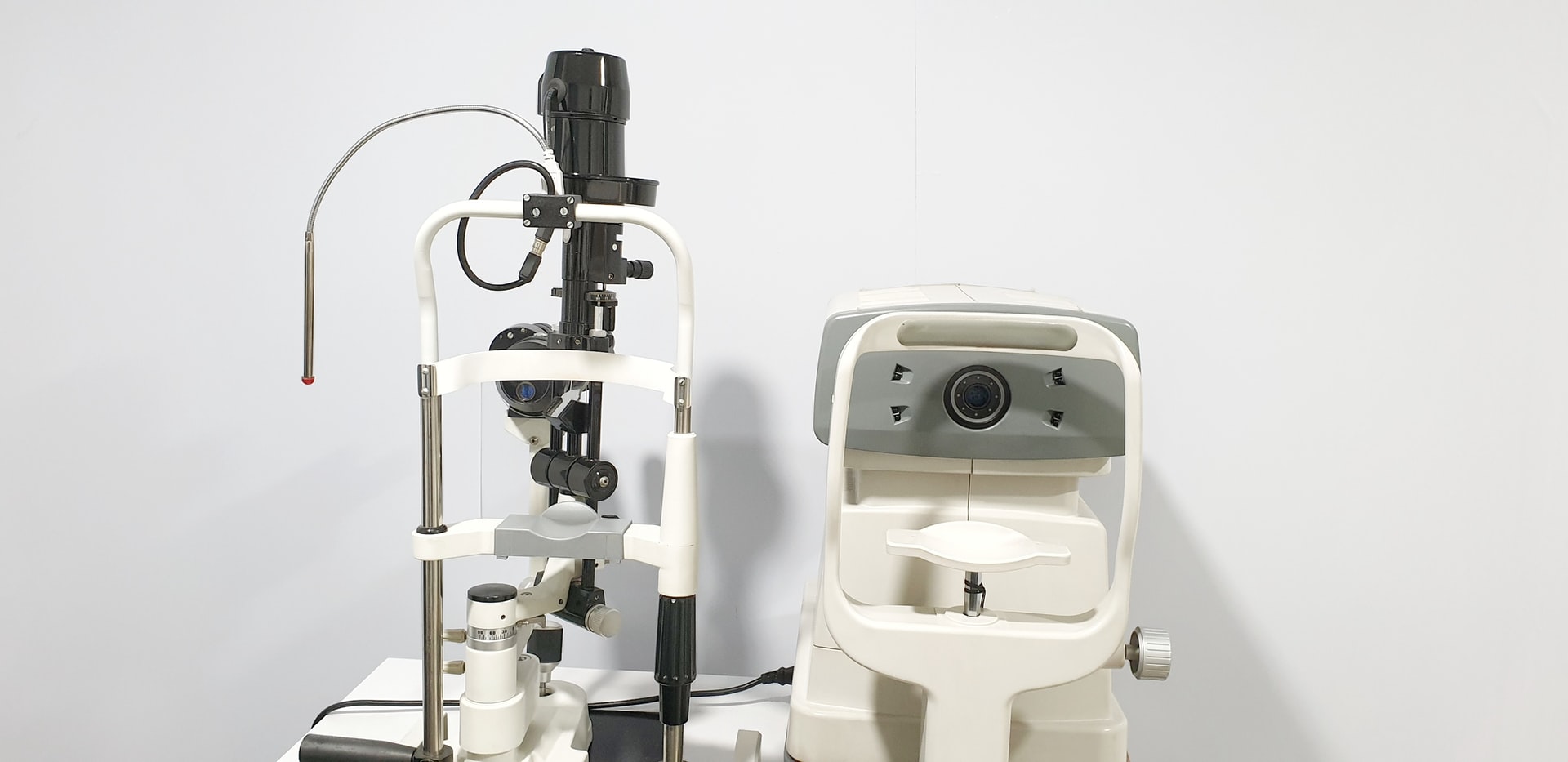News release
From:
Journal/
conference: JAMA Opthamology
conference: JAMA Opthamology
Research:Paper
Organisation/s:
Johns Hopkins University, USA
Funder:
Dr Swenor is supported by a grant from the National Institutes of Health (K01AG052640). Dr Ehrlich is supported by a grant from the National Institutes of Health (K23EY027848). Dr Burton is supported by the Wellcome Trust (207472/Z/17/Z). The Lancet Global Health Commission on Global Eye Health is
supported by the Queen Elizabeth Diamond Jubilee Trust, Moorfields Eye Charity (grant GR001061),
National Institute of Health Research Moorfields Biomedical Research Centre, the Wellcome Trust,
Sightsavers, the Fred Hollows Foundation, the SEVA Foundation, the British Council for the Prevention of Blindness, and Christian Blind Mission.
Conflicts of Interest: Dr Congdon reports being the director of research at Orbis International, a nongovernmental organization working to promote eye health in low- and middle-income countries, and receiving personal fees from Belkin Laser outside the submitted work. Dr Ehrlich reports a grant from National Institutes of Health (grant K23EY027848) during the conduct of the study. Dr Swenor reports grants from National Institute on Aging during the conduct of the study. Dr Rosman reports grants from National Eye Institute (grant UG1-EY020522-08) outside the submitted work. Dr Ramke reports funding from the Commonwealth Scholarship Commission (as a Commonwealth Rutherford Fellow) via the UK government and grants from Moorfields Eye Charity (grant GR001061) during the conduct of the study, as well as financial support from the Buchanan Charitable Foundation, New Zealand, outside the submitted work. No other disclosures were reported.



 New Zealand; International
New Zealand; International


